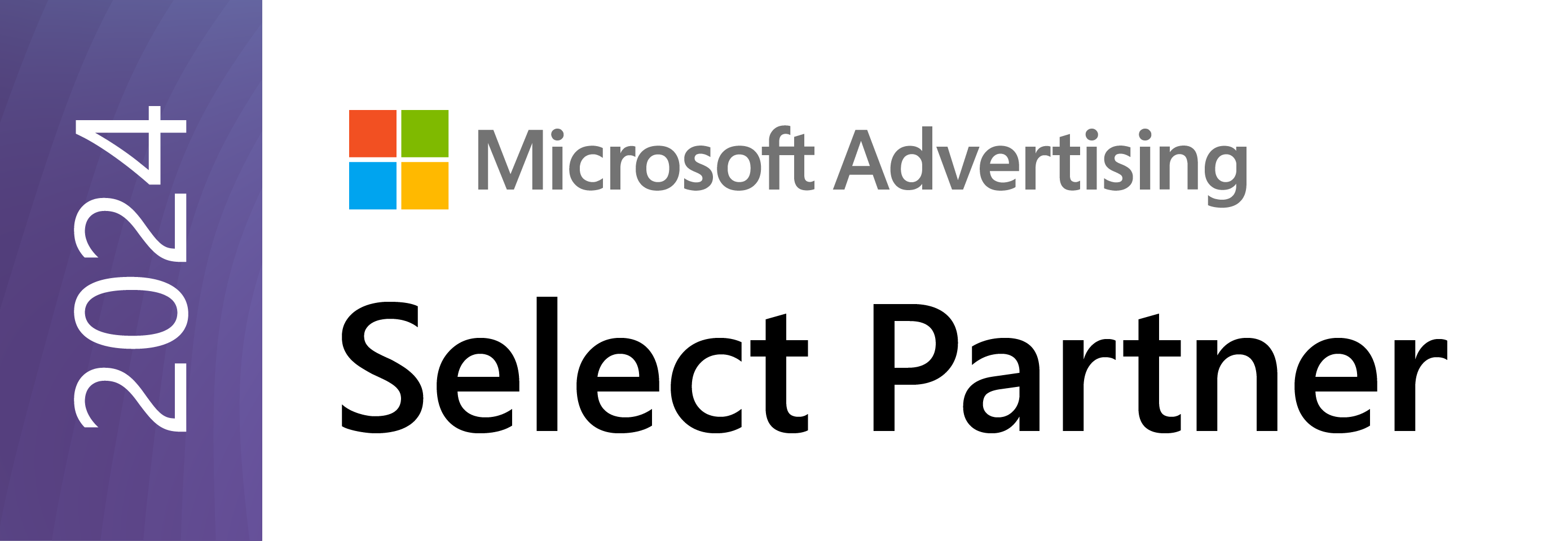
How Online Reputation Management Shapes Digital Marketing Success
Key Takeaways
-
79% of consumers trust online reviews, making reputation management a non-negotiable part of modern marketing.
-
Video testimonials and visual reviews are increasingly powerful tools for building authenticity and trust.
-
Integrating PPC, social media, and public relations strengthens both brand visibility and perception.
-
Proactive monitoring of reviews and brand mentions helps businesses address feedback before it impacts public opinion.
-
CS Design Studio provides tailored, ethical reputation management strategies that align with your brand’s goals.
Why Reputation Management Is Now a Core Marketing Function
In today’s hyperconnected world, a brand’s online reputation can be its strongest asset—or its greatest vulnerability. Reputation management is no longer just a public relations function; it’s an essential part of digital marketing strategy.
With nearly every purchase decision influenced by online feedback, reviews, and social media commentary, maintaining a positive brand image requires a proactive, strategic approach. This means integrating reputation monitoring, review management, and public engagement into every marketing plan.
The Numbers That Prove the Point
Statistics reveal just how vital reputation management has become:
-
79% of consumers trust online reviews as much as personal recommendations.
-
85% of consumers look for negative reviews in order to make informed purchase decisions.
-
84% of brands see strong results from PPC campaigns, which can complement reputation efforts by driving positive content visibility.
How Reputation Management Fits Into the Bigger Digital Picture
When integrated with a broader marketing strategy, reputation management helps ensure that what people see about your business online matches the reality you want to project.
Effective strategies involve:
-
Monitoring brand mentions across search engines, social platforms, and review sites.
-
Responding quickly and constructively to both praise and criticism.
-
Publishing valuable, positive content that reinforces your brand’s expertise.
-
Leveraging the PESO model (Paid, Earned, Shared, Owned media) to maximize exposure and control the narrative.
Reputation Management as a Digital Asset
Think of reputation as a long-term investment. Every review, testimonial, and social media mention contributes to your brand equity.
A strong online reputation:
-
Increases consumer trust and conversion rates.
-
Protects against misinformation or damaging content.
-
Differentiates your business from competitors in saturated markets.
-
Supports SEO by generating fresh, relevant content and authoritative backlinks.
Best Practices for Strong Reputation Management
-
Actively Request Reviews – Encourage satisfied customers to share their experiences.
-
Engage on Social Media – Reply to comments, answer questions, and join conversations.
-
Address Negative Feedback Promptly – Show customers you value their input by resolving issues quickly.
-
Showcase Visual Proof – Publish video testimonials and user-generated content to enhance credibility.
-
Monitor Your Online Presence – Use tools to track mentions and stay ahead of potential issues.
When to Seek Professional Support
If your business struggles with negative search results, inconsistent branding, or low review volume, partnering with a skilled agency can make all the difference. Working with a trusted team, such as CS Design Studio, ensures your reputation strategy is aligned with your business goals and backed by ethical, results-driven tactics.
In the digital-first era, your brand’s reputation is your currency. Building and maintaining trust online requires more than occasional attention—it demands a consistent, strategic effort that blends marketing expertise with real human connection.
With the right approach, reputation management doesn’t just protect your business; it positions you for growth, customer loyalty, and long-term success.
FAQs
What’s the difference between reputation management and PR?
Reputation management focuses on ongoing monitoring and engagement, while PR often centers on campaigns and media relations. Both should work together for maximum impact.
How quickly can I improve my online reputation?
Timelines vary depending on the current state of your reputation. While small improvements can be seen in weeks, substantial changes may take several months.
Do negative reviews always hurt my business?
Not necessarily—when handled professionally, negative reviews can demonstrate transparency and customer care.
What tools help with online reputation management?
Google Alerts, Mention, and social listening tools can track brand mentions and alert you to potential issues.
Why is video so effective for reputation building?
Video conveys authenticity and emotional connection, making it one of the most persuasive forms of content for building trust.




